Experience relaxation and peace in your Leesburg backyard with our proven mosquito control solution. Trusted by families in Leesburg, our innovative approach not only repels mosquitoes but also establishes a durable barrier customized to your outdoor environment. Mosquito Shield of Dulles, VA is dedicated to creating mosquito-free zones, so you can enjoy your outdoor spaces without interruption.
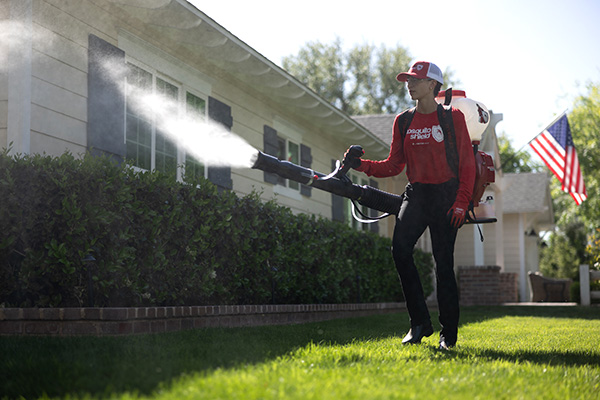
Effective mosquito control in Leesburg, VA, that drives mosquitoes away and keeps them out of your yard.

Enjoy mosquito-free outdoor time in Leesburg with treatments designed to provide lasting results.

Highly rated mosquito control services in Leesburg, trusted by residents to enhance outdoor living.

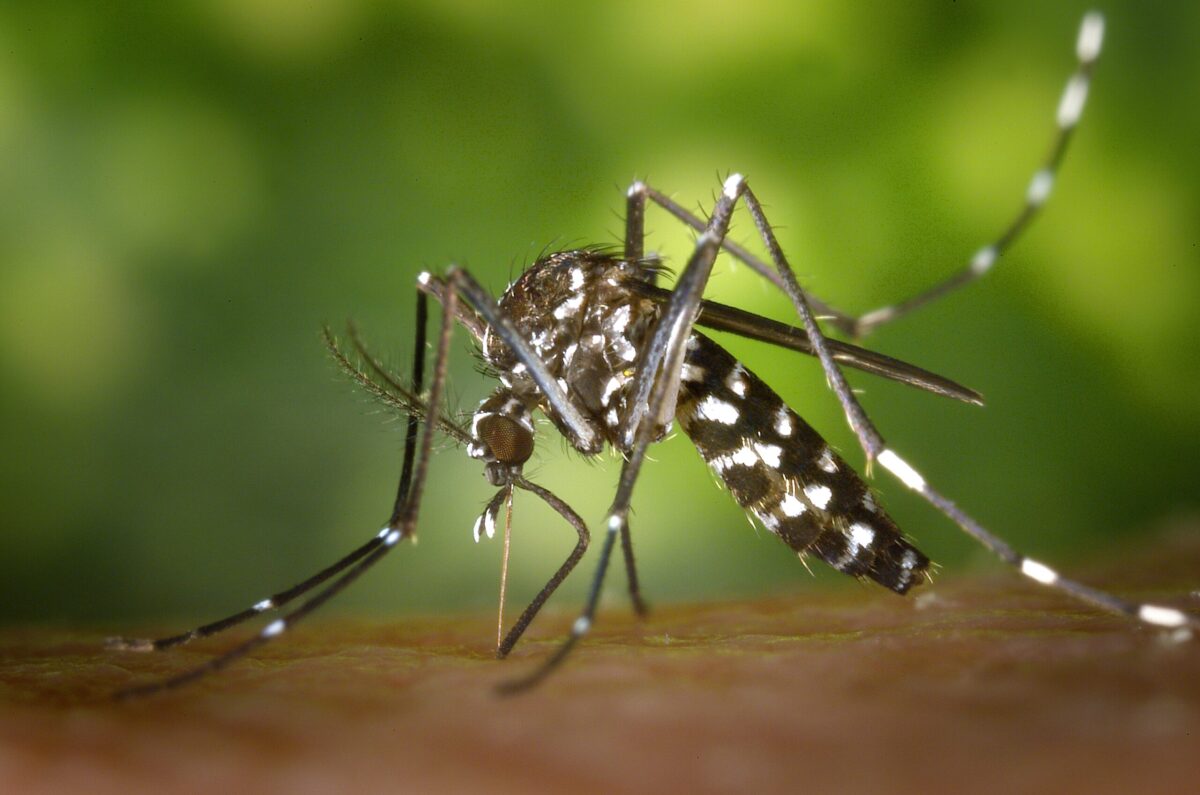
Identification: Black with a stark white stripe running down its back and white bands on the legs. Habitat: Thrives in shaded residential areas of Dulles, particularly near mulch beds, containers, flowerpots, and clogged drains. Behavior: Aggressive daytime biter, especially around ankles. Health Risks: Known to carry West Nile virus, dengue, Zika, and chikungunya.
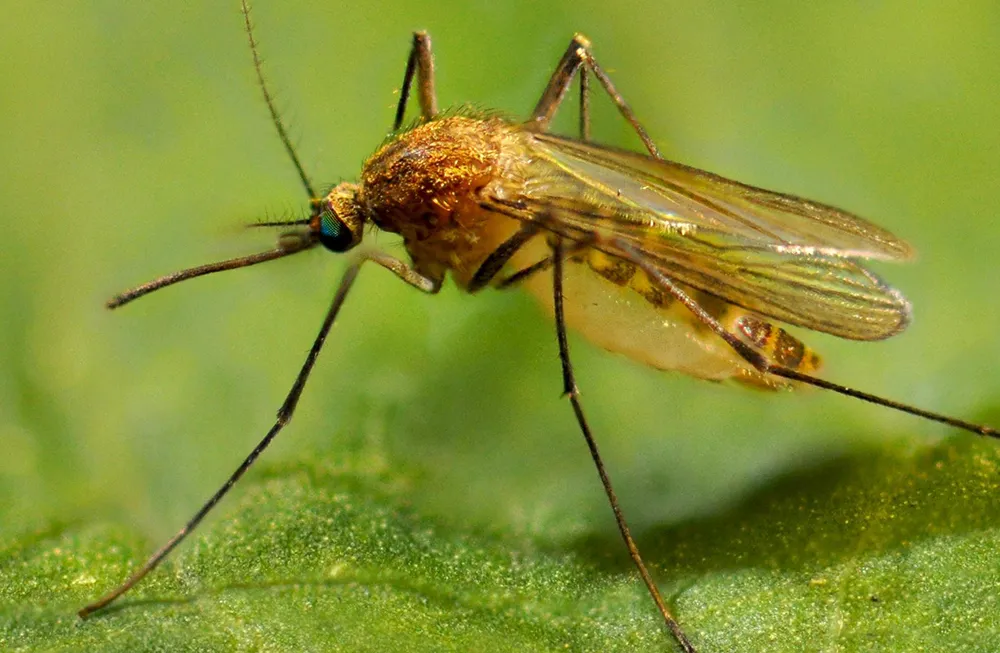
Identification: Light brown with slightly darker bands on the abdomen. Habitat: Common near standing water sources like birdbaths, storm drains, retention ponds, and poorly drained yards. Behavior: Nocturnal biter; often enters homes during warmer months. Health Risks: Primary vector of West Nile virus in Northern Virginia.
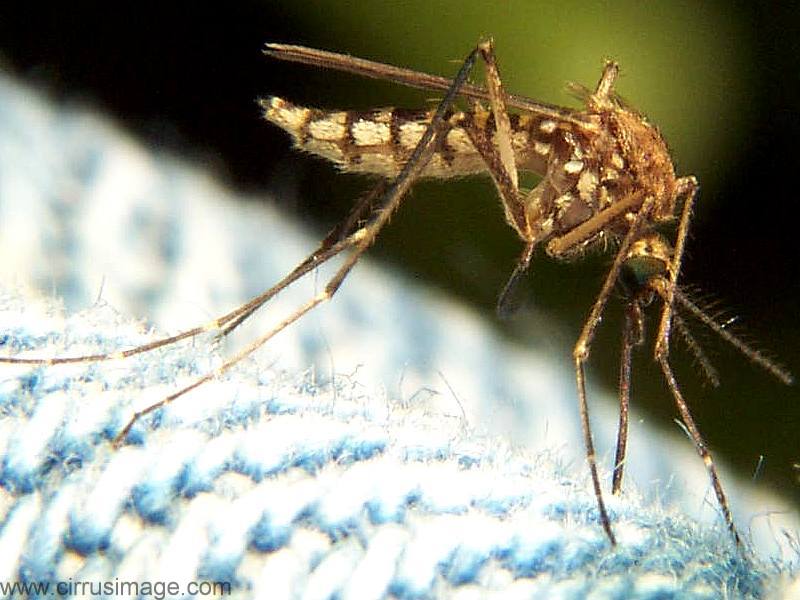
Identification: Brownish mosquito with white banding on the legs and abdomen. Habitat: Abundant after heavy rains in Dulles—particularly around floodplains, wet grasslands, and roadside ditches. Behavior: Fierce biter at dusk and during humid evenings. Health Risks: Not a major disease carrier but causes itchy, persistent bites.
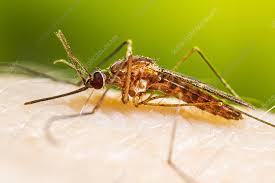
Identification: Medium-sized with four dark spots on each wing; rests at a 45-degree angle. Habitat: Prefers clean, slow-moving water near wooded edges and lowland swamps in the region. Behavior: Most active at dawn and dusk. Health Risks: Historically linked to malaria; now primarily a nuisance with itchy bites.
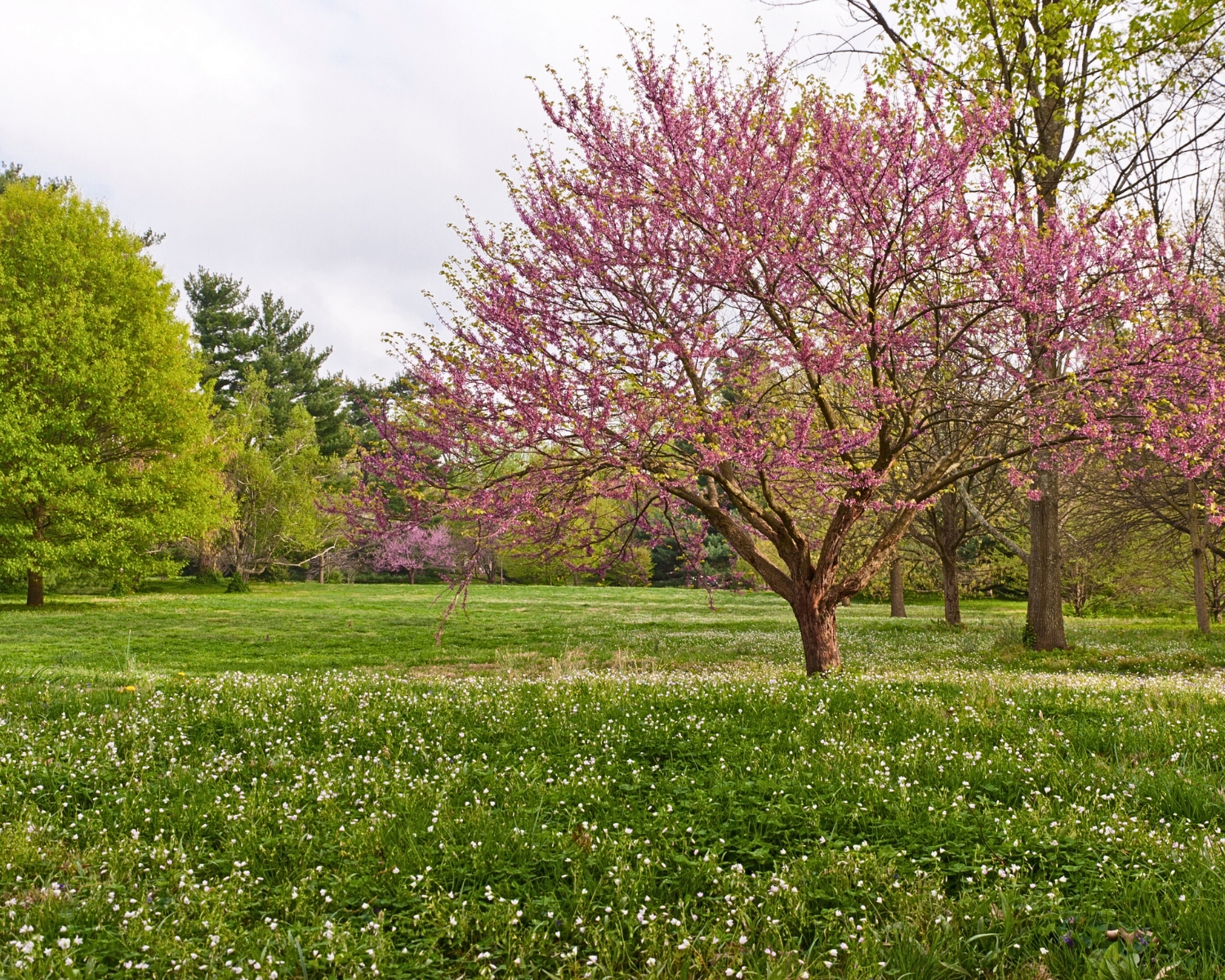
Key Activity: Mosquito activity emerges with rising temps and spring rainfall. Breeding: Pooled water from downspouts, patio containers, and clogged gutters becomes a major concern. Common Species Active: Aedes albopictus and Culex pipiens begin showing up. Behavior: Biting increases steadily—especially near damp areas and during twilight.

Key Activity: Peak season for mosquito populations in Dulles. Breeding: Backyard puddles, retention basins, and shaded garden pots support rapid breeding. Common Species Active: Aedes albopictus, Culex pipiens, and Aedes vexans. Behavior: Expect bites day and night, especially after summer thunderstorms or heatwaves.
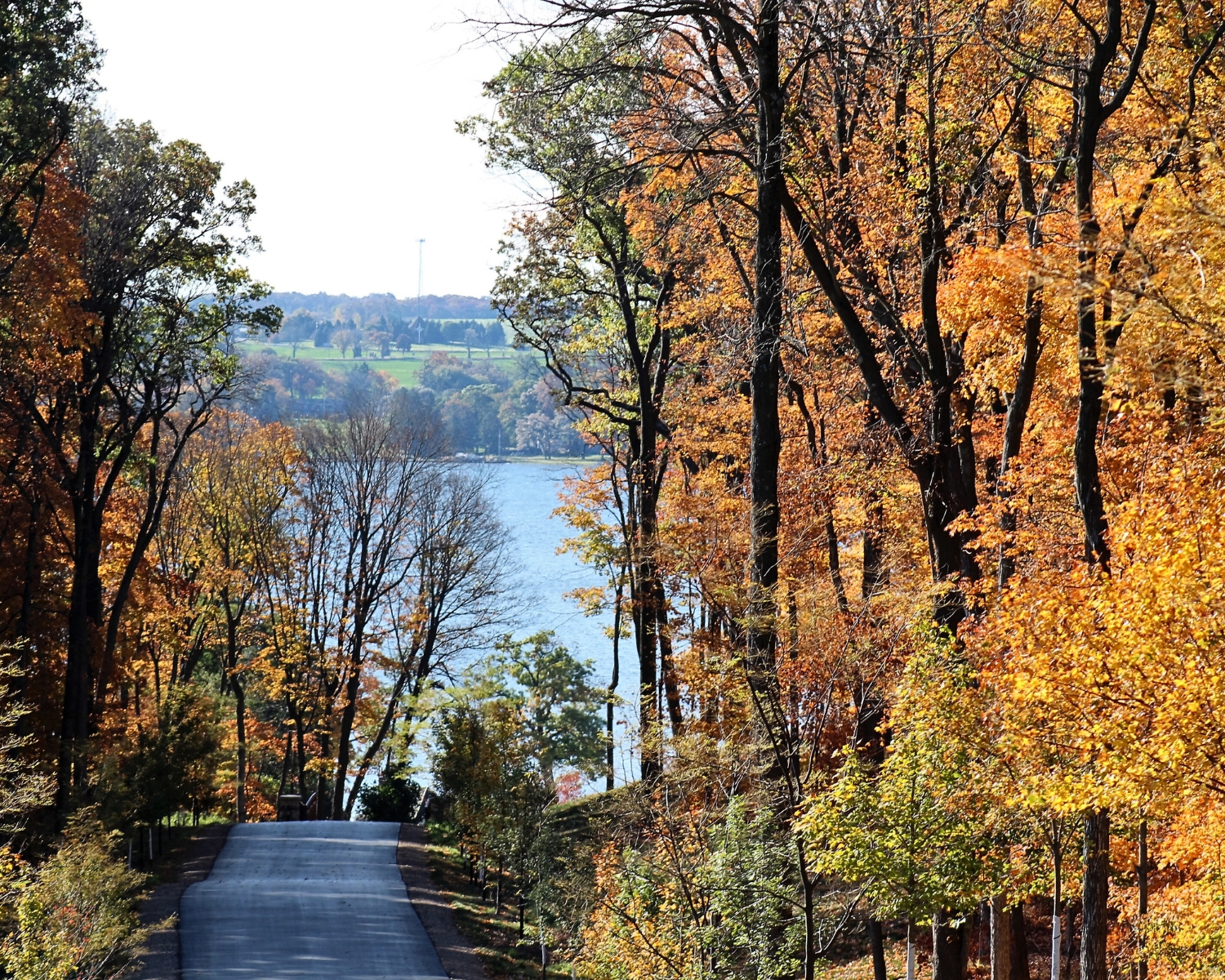
Key Activity: Activity slows but doesn’t disappear until consistent frost. Breeding: Yard runoff and rain-filled containers still encourage some breeding. Common Species Active: Primarily Culex and Aedes species. Behavior: Bites persist during warm afternoons or mild evenings.

Key Activity: Low activity, but mosquitoes aren’t gone entirely. Eggs: Aedes eggs remain dormant in dry locations—ready to hatch come spring. Adults: Culex adults can overwinter in basements, sheds, and crawlspaces. Behavior: Activity may spike briefly during warm spells, especially after rain.
Leesburg, Virginia, is a historic town in Loudoun County known for its charming downtown, rolling countryside, and family-friendly neighborhoods. With popular outdoor destinations like Ida Lee Park, Red Rock Wilderness Overlook, and the nearby Potomac River, residents have no shortage of ways to enjoy fresh air and open spaces. However, Leesburg’s warm, humid climate, combined with its mix of woodlands and water features, supports persistent mosquito and tick activity throughout much of the year.
Local residents can be at risk for mosquito-borne diseases such as West Nile Virus and Zika Virus, as well as tick-borne illnesses like Lyme disease and Anaplasmosis. With so much time spent outdoors—whether it’s at weekend farmers markets, hiking trails, or backyard gatherings—reliable mosquito and tick control is essential to protect health and enhance everyday comfort.
To help reduce pest activity, Leesburg homeowners should:
Check for and remove standing water in containers like buckets, tarps, and flower pots.
Wear long sleeves and use repellents when spending time outside, especially at dawn and dusk.
Arrange regular mosquito and tick treatments for home lawns, patios, and play areas.
The Loudoun County Health Department also participates in mosquito surveillance and prevention efforts, helping manage seasonal concerns through public outreach and targeted treatment programs.

Leesburg experiences warm, wet springs and hot, humid summers, extending the window of mosquito and tick activity into early fall. Heavy rainfall, irrigation, and proximity to natural waterways create ideal breeding grounds for mosquitoes, while ticks thrive in the area’s dense foliage and shaded trails.
Key Factors Influencing Pest Activity:
Mosquitoes and Water Features: Local streams, retention ponds, and shaded drainage areas promote mosquito breeding throughout the warmer months.
Ticks and Wooded Habitats: The region’s green corridors, overgrown landscaping, and forested parks offer optimal environments for ticks to thrive, particularly in spring and fall.

